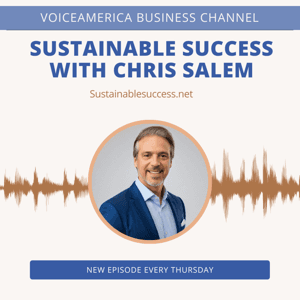Plus, lifestyle journalist and supermom Anna D’Souza joins the show with smart, heartful tips for holiday toy shopping. Learn how to stretch your budget, find the perfect gifts under $20, and make the season magical with hands-on play and tech-savvy gift-finding tools.
🎉 You’ll leave this episode with:
Surprising truths about our calendar
Origins of April Fool’s Day
A new appreciation for the power of small shifts
And great gift ideas that bring big smiles!
Start your year with insight, laughter, and a whole lot of joy.
Hosted by Simplecast, an AdsWizz company. See pcm.adswizz.com for information about our collection and use of personal data for advertising.































